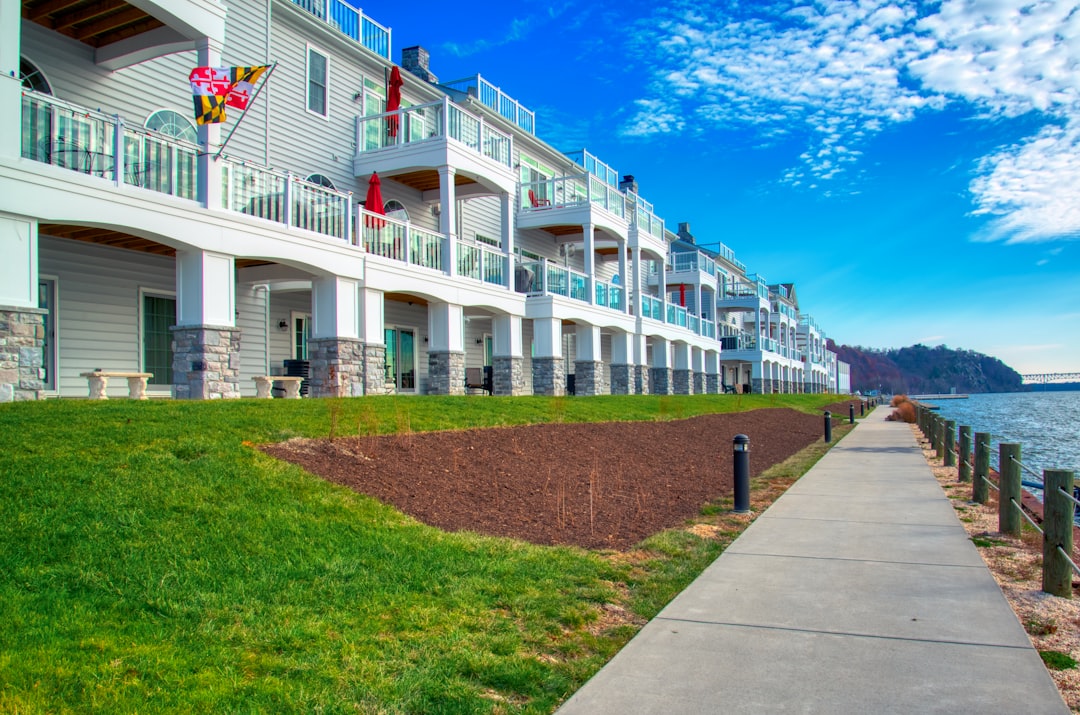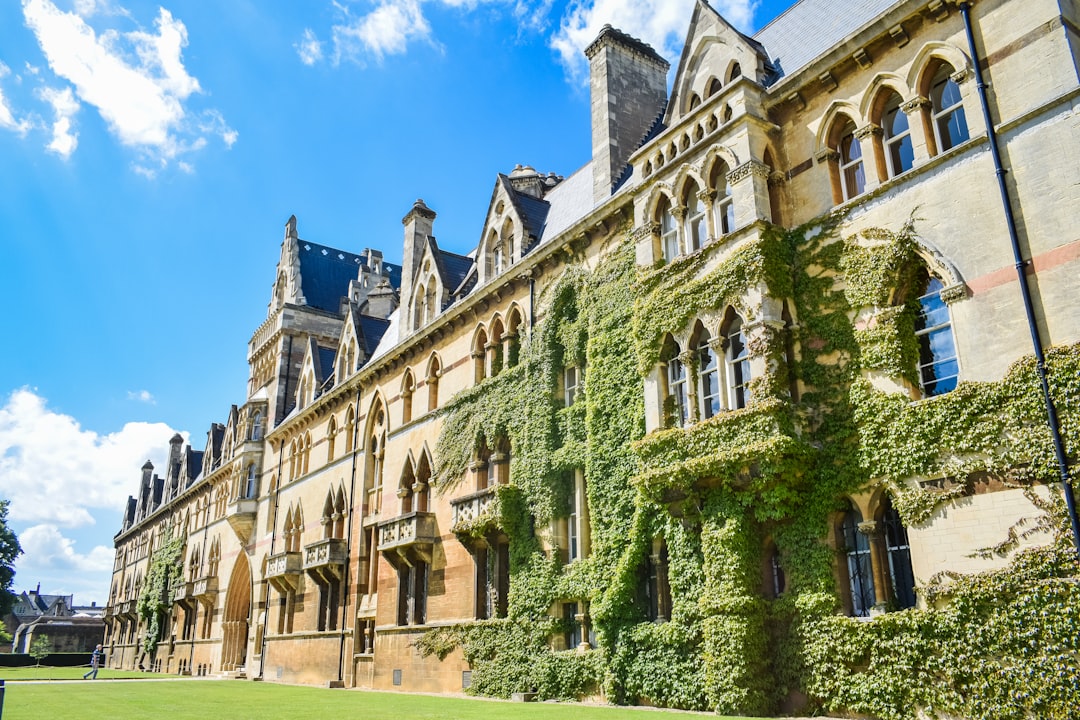In Maryland, hazing-related sexual assault is taken seriously with specific legal definitions and protections. Victims should seek help from experienced hazing abuse attorneys who guide them through the legal process, protect their rights, and navigate state laws for justice. Individuals facing charges can qualify for legal aid through programs like the Maryland Legal Aid Network. These attorneys specialize in investigating, gathering evidence, and building robust strategies for sensitive cases, providing safe spaces for survivors and ensuring their privacy. The initial step for victims is to report the crime and consult with an attorney, often assisted by specialized legal teams offering free or low-cost services. Supportive ecosystem includes non-profit societies, government agencies, and advocacy groups like the Maryland Legal Aid Network.
In Maryland, hazing and sexual assault cases are taken seriously, with specific laws in place to protect victims. However, navigating legal aid can be challenging. This article guides you through understanding hazing and sexual assault laws, eligibility for legal aid, and the crucial role of a hazing abuse attorney. We outline steps to access legal services and highlight support resources available to Maryland residents. If you or someone you know is a victim, knowing these resources can make all the difference with the help of a dedicated hazing abuse attorney in Maryland.
Understanding Hazing and Sexual Assault Laws in Maryland

In Maryland, hazing and sexual assault are taken very seriously under state laws. Hazing is defined as any action or conduct that endangers or threatens the health, safety, or welfare of a person with the intent to initiate or admit them into a social group or organization. This includes non-consensual acts, harassment, or any form of abuse aimed at newcomers, often college students joining fraternities or sororities. Sexual assault, on the other hand, is a broad term encompassing various unwanted sexual acts, including rape, and is governed by strict legal frameworks.
If you’re a victim of hazing-related sexual assault in Maryland, it’s crucial to seek help from experienced legal professionals specializing in such cases. A hazing abuse attorney in Maryland can guide you through the legal process, ensuring your rights are protected. They will help navigate the complexities of state laws and provide the necessary support during this challenging time. Understanding these laws is essential to ensure justice and hold perpetrators accountable for their actions.
Eligibility Criteria for Legal Aid in Maryland

In Maryland, individuals facing charges related to hazing sexual assault may be eligible for legal aid through various state and local programs. The first step is to determine if they meet the criteria set by the Maryland Legal Aid Network. Typically, applicants must have a low income and face civil or criminal charges that carry potential consequences, such as jail time. These programs are designed to ensure equal access to justice, especially for those who cannot afford private legal representation.
Eligibility often includes factors like household size, income levels, and the nature of the case. For instance, victims of hazing-related sexual assault may qualify if they are facing misdemeanor or felony charges, as these cases can have significant legal repercussions. A qualified hazing abuse attorney in Maryland can guide individuals through this process, ensuring they understand their rights and receive the necessary assistance from the Legal Aid Network.
The Role of a Hazing Abuse Attorney

In Maryland, cases involving sexual assault and hazing often require specialized legal expertise to navigate the complexities of these sensitive issues. This is where a hazing abuse attorney plays a crucial role. They are equipped to handle these unique scenarios, ensuring victims receive the justice they deserve while also protecting their rights and privacy.
A hazing abuse attorney in Maryland will thoroughly investigate the case, gathering evidence and interviewing witnesses to build a strong legal strategy. They understand the emotional and physical toll such experiences can have on survivors, providing a safe space for them to share their stories. These attorneys are well-versed in state laws regarding sexual assault, hazing, and campus safety regulations, enabling them to challenge any procedural errors or breaches of protocol that may have occurred during the initial response to the victim’s report.
Steps to Access Legal Services for Victims

Victims of sexual assault during hazing incidents in Maryland have legal rights and options. The first step is to report the crime to local law enforcement, who can provide immediate support and guidance on the next steps. It’s crucial to preserve any evidence, including text messages, photos, or witness statements, as these could be valuable for the case.
Once reported, victims should reach out to a qualified hazing abuse attorney in Maryland. Legal aid organizations often have specialized teams dedicated to handling such cases and can offer free or low-cost legal services. These attorneys can guide victims through the legal process, ensure their rights are protected, and help navigate the complex nature of these cases.
Support Resources Available in Maryland

In Maryland, victims of hazing sexual assault have access to various support resources and legal aid options. Many organizations offer confidential services tailored to assist individuals navigating complex legal systems while dealing with trauma. These include non-profit legal aid societies, government agencies, and advocacy groups dedicated to helping survivors of sexual abuse.
A prominent resource is the Maryland Legal Aid Network, which provides free or low-cost legal assistance to eligible residents, including victims of hazing abuse. Trained attorneys specializing in sexual assault cases can offer guidance on criminal proceedings, civil lawsuits, and navigating institutional policies. Additionally, support groups and counseling services are available through local community centers and hospital networks, ensuring survivors have access to emotional and psychological resources alongside legal aid.





